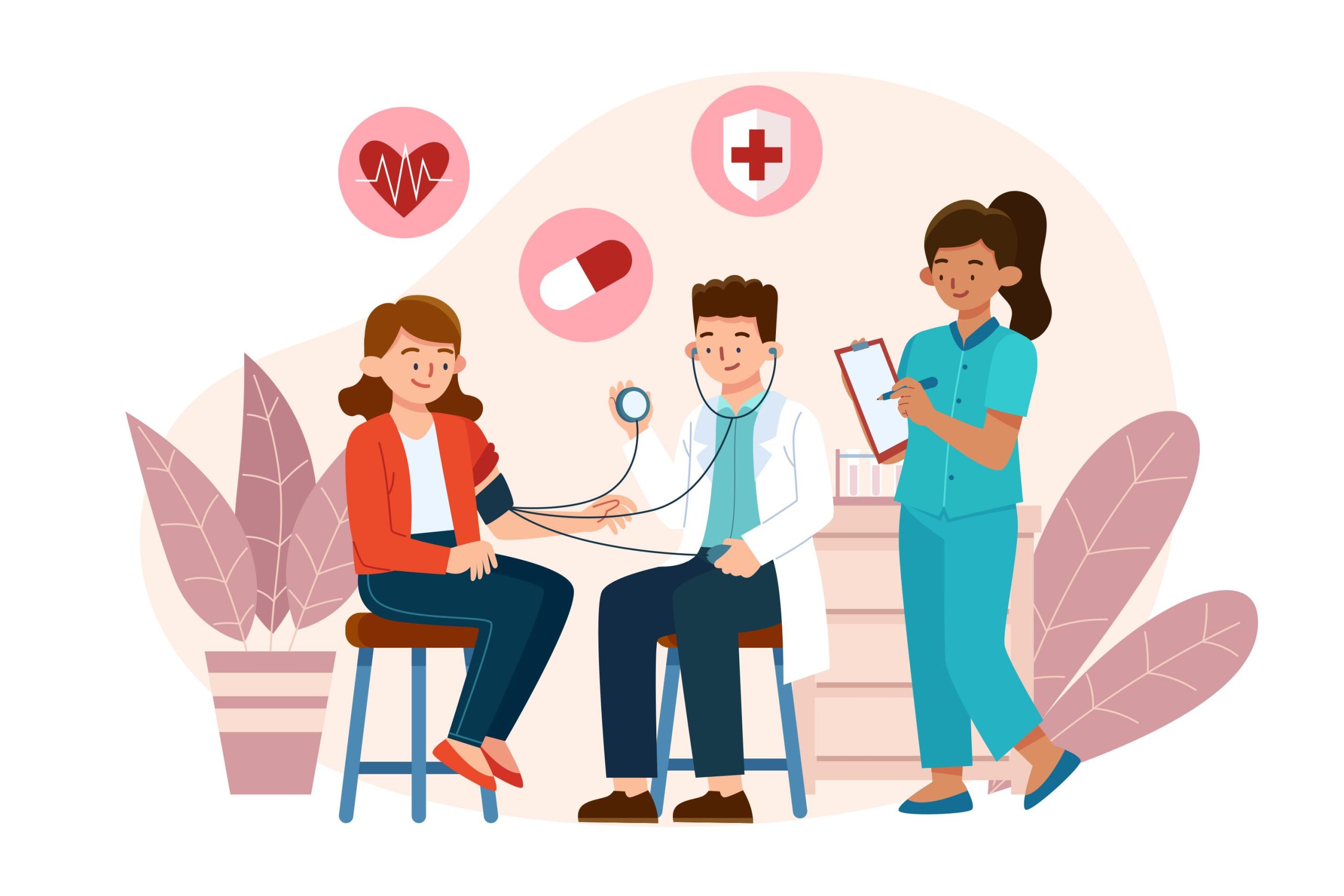Some health care institutions don’t have teams that work well together or good leadership to ensure that safety is the number one priority. As a result, when one person makes a mistake, it goes uncaught. Patients can experience complications, recovery is compromised, and some people even die. The physician’s role is to prevent and reduce risks, errors, and harm that happen to patients during the provision of medical services.
Lack of patient safety results in medical negligence. Medical (or clinical) negligence presents itself when a health care professional fails to provide treatment of an acceptable standard recognised by the medical community. They have to provide the care that a minimally competent doctor would have provided in the same situation and with the same resources.
The ‘Do No Harm Principle’ In Medicine
What is expected of doctors, nurses, and other medical practitioners? To not harm anyone. For centuries, medicine has depended on the age-old principle of ‘First, do no harm’, which is attributed to the Greek physician Hippocrates. The Hippocratic Oath is still used in graduation ceremonies of many medical schools (such as Aberdeen and Dundee). A modern version has been adapted to suit the profession. Very few schools in the UK use the original version. New physicians swear to uphold ethical standards.
The Hippocratic Oath isn’t considered a legally binding document, meaning that it doesn’t have direct consequences of violation. Whether physicians view it as meaningful or not, the oath matters because it prompts them to respect the standards of their profession.
To ‘do no harm’ is the ethical foundation of professionalism in medicine. Health care providers should do their best to keep patients safe. Adverse events in the medical practice rarely occur due to maleficence or ill intent from a physician. Errors arise from fatigue, poor communication between employees in health care settings, and a culture that doesn’t accept accountability for mistakes. The system doesn’t always find ways to prevent mistakes from taking place or learn from them when they occur.
For Medical Negligence to Be Considered, Several Factors Must Be Involved
If you or a loved one have endured a poor medical outcome, that doesn’t necessarily mean that you’re the victim of medical negligence. It’s essential to carefully review your medical history, applicable laws, and the circumstances that caused your injury/illness. According to the experts at Medical Negligence Claims Care, for medical negligence to be considered, several factors must be involved, namely:
Failure To Provide a Proper Standard of Care
A physician that fails to properly treat or stabilise a medical condition commits a grave error. If they breach the standard of care owed to patients and their actions cause harm to another person, the physician is accountable for negligence.
An Injury That Stems from Negligence
The patient must prove that the physician is guilty of an act of negligence. It’s not as simple as your word against the health care professional or the organisation. The documents needed to support a medical negligence claim are medical records, your statement, and expert evidence.
The Injury Must Have Disruptive Consequences
The long-term consequences of an injury are more devastating as compared to the immediate effects. It’s necessary to demonstrate that the harm caused by medical negligence brought about serious consequences, such as suffering, loss of income, disability, and so on.
Example Of a Medical Mistake That Shows Negligence
Medical negligence applies to anyone who acts in the scope of employment, such as nurses, health care facilities, pharmaceutical companies, and so forth. At times, other entities are part of the case and can be sued in a medical negligence claim. It’s important to make a complaint to the NHS detailing what happened. Attention needs to be paid to the fact that the NHS isn’t the only organisation that operates hospitals within the UK. Private healthcare firms play an important part in the health care sector.
Here’s an example of how medical negligence works. You received a misdiagnosis. Your treating physician provided one diagnosis without looking at the other possibilities. Misdiagnosing creates negative outcomes, delaying recovery and requiring treatment that’s harmful. The most common misdiagnoses include:
- Major vascular events (heart attack, stroke)
- Infection
- Cancer
It’s difficult, if not impossible, to determine the percentage of misdiagnoses, missed diagnoses, and accurate diagnoses. Incidents are rarely reported due to the lack of a mechanism for reporting them.
A common example of misdiagnosis is when a person accuses chest pain, and the physician diagnoses the issue as indigestion. In reality, the patient shows signs of a heart attack. We tend to forget that doctors are humans and they can make mistakes. If your condition isn’t getting better or it’s not solved within the expected timeline, ask your treating physician to reassess the problem or get a second opinion. You’ll become equipped to make informed decisions that can have long-term consequences.
Some More Examples of Medical Negligence
Medical negligence can take different forms, such as:
- Problems during childbirth
- Post-surgical infections
- Prescribing the wrong medication
- Anaesthesia errors
- Errors in the emergency department
In the future, the number of medical negligence lawsuits is expected to rise. Litigation costs time and money, not to mention that it’s stressful for both patients and physicians. Civil actions fall under tort law and result in damages being paid. In the UK, the highest court the case can reach is the Supreme Court. A wide range of issues relating to health has been dealt with by the European Court of Human Rights.
When Do Errors Become Criminal Medical Negligence?
Health care providers and patients rarely become adversaries. Nonetheless, some failures could warrant medical negligence litigation. The question now is: When does a medical error become criminal conduct? If a doctor has fallen below the standard of care, they can be labelled as being grossly negligent. In these circumstances, their actions have to be regarded as a deliberate attack. No medical practitioner should be given a free pass from being liable for the mistakes they’ve made.
Going through litigation can be a daunting prospect, so make sure you have a solicitor to secure the best possible outcome.






